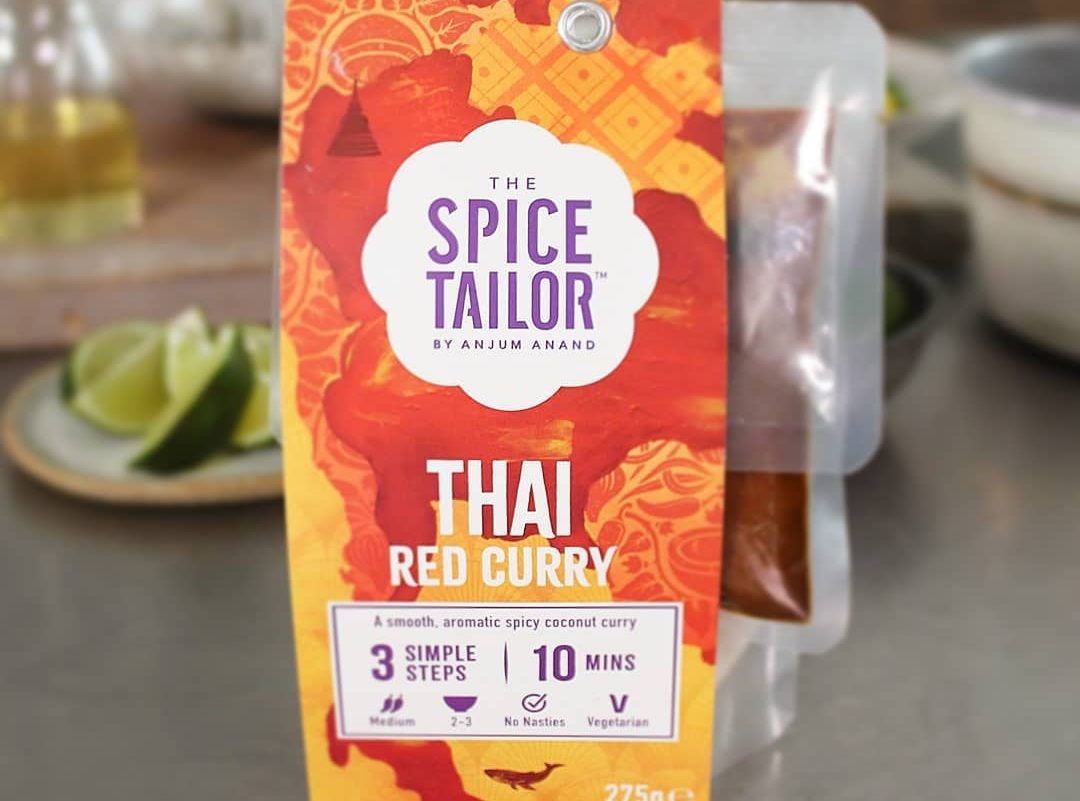
The number of M&A deals in the UK food and beverage industry declined by almost a fifth in 2022, according to data released by corporate finance advisory firm Oghma Partners.
London-based Oghma Partners said the volume of transactions dropped 19.8% from 2021, with 73 deals recorded by the advisers in 2022.

Discover B2B Marketing That Performs
Combine business intelligence and editorial excellence to reach engaged professionals across 36 leading media platforms.
Amid tough trading conditions in the sector, there was a year-on-year slump in deal value, Oghma Partners’ research showed.
Looking at the volume of transactions, only 13.7% of deals were from financial buyers – below a respective five-year average of 18%.
Speaking to Just Food, Mark Lynch, partner at Oghma Partners, said: “Private equity took a back seat in 2022, partly, we believe, due to the uncertainty around the food and beverage industry and partly due to a more difficult funding environment. As both dynamics stabilise, we would expect more interest from private equity.”
Compared to a five-year average of 33%, overseas buyers accounted for 27.4% of deals in 2022.

US Tariffs are shifting - will you react or anticipate?
Don’t let policy changes catch you off guard. Stay proactive with real-time data and expert analysis.
By GlobalData“Medium-term, we think overseas buying activity will remain at historic levels due to the size of the UK market and its innovative nature, for example, in meat-free products,” Lynch said.
He added the decline in the value of sterling “may also increase the UK’s attraction despite the Brexit handcuffs imposed on exporters”.
According to Oghma Partners’ report, deal value was markedly down – by an estimated 70%. A larger proportion of transactions were worth GBP20m ($24.8m) or less compared to previous years. Deals over GBP100m, on the other hand, fell.
The decline in volume and reduced deal value, which has seen an overall downward trend since 2016 – in part, due to Brexit – is evidence of the restrained economic conditions being faced by companies.
“The key issues that impacted M&A in 2022 will likely continue in 2023 with the main ones being inflationary/cost pressures as businesses will continue to battle with increases in production costs, such as wages, raw materials, energy, and transportation; the cost-of-living crisis as consumers will further cut back on spending across the F&B category,” said Lynch in a statement.
However, the firm believes these pressures will ease towards the end of the first half of the year and businesses may look to either dispose of assets or seek acquisition opportunities.
Oghma Partners suggested the sector was already “seeing some examples of portfolio cleansing”, such as PAI Partners’ move for Savoury Solutions Group, a food ingredient supplier, for $900m. Orkla – the Norweigan conglomerate – announced a $200 acquisition in Denali Ingredients, as well as interest in seeking a “long-term partner” for its wider ingredient business. The M&A advisers also pointed to the talk surrounding Mitsubishi’s intentions for UK food-and-drink group Princes.
Speaking to Just Food, Lynch said “those businesses that have completed any internal restructuring that was needed will begin to turn to bolt-on acquisitions which could take advantage of a less frothy M&A market [in 2023]”.
He added: “[It] may provide the opportunity of driving market share or presence whilst at the same time providing cost savings from the merging of operation.”




